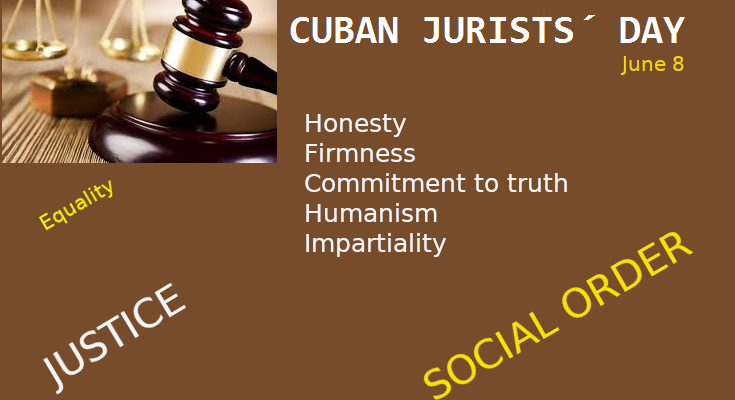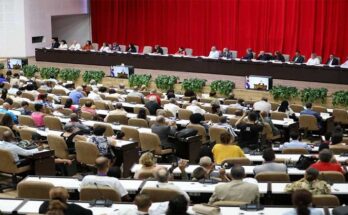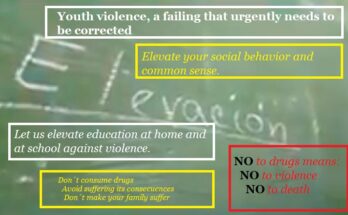Every June 8 is celebrated in Cuba the the Jurists´ Day in honor of Ignacio Agramonte Loynaz, who on this date in 1865 got his degree in Civil and Canon Law.
It is no coincidence that Cuban jurists, in their eagerness to the legacy of El Mayor, and aware of the new challenges, the role that corresponds to them in the consolidation of a state of law and social justice. rule of law and social justice.
The work of the jurists in Cuba encloses sui generis ethical features, facing numerous conflictive situations of a complex nature that require active searches for their solution. Jurists, by their labor projection become social and community figures, since they participates with decisive power over the destinies of other people, therefore they must possess as a moral foundation: honesty, firmness of principles and an adequate personal conduct.
Their legal profession requires daily confrontation with a great number of the most dissimilar situations, acts, motivations and human characters. And it is necessary to consider that the rules of the working conduct of the Judge, the Prosecutor, the Attorney, the Lawyer, the Notary, the Legal Legal Advisor, etc. conform the Professional Moral of a jurist.
For the purposes of the ethical development of jurists, the legal professional morals must be seen in the form of values, since these are points of reference or spiritual points of representations that admit, at the same time, the mobility propitiating an alternation and (or) substitution, which, as a rule, means moral progress.
Justice, as a professional value, possesses a teleological and deontological at the same time. Its teleological content lies in the fact that the establishment of Justice (understood as social order) is the ultimate goal, the consequence or essential work function of the legal professional, hence its recognition as a terminal value.
On the other hand, the deontological connotation derives from the due working behavior of this specialist, behavior consisting in applying Justice, in enforcing what is just, as a daily content of his daily work, and thus justice is embodied in labor, as a fundamental directional guide.
Honesty is one of the fundamental moral values of the legal specialist, as it implies an unimpeachable conduct in the professional and personal sphere. Honesty is translated in the adequate composure in the exercise of professional functions and in the development of daily life. It is interpreted as acting and expressing oneself in accordance with one’s own convictions; it implies authenticity in the fulfillment of the law.
Fairness is an essential step to reach justice is interpreted as a sense of equality in the actions and assessments of labor problems in accordance with the Law. Projected as a professional value, equality is interpreted as impartiality in the application of the Law, which endorses its consideration as an essential premise for the achievement of Justice.
Commitment to truth is a primordial condition of jurists. The search for the truth favors fairness in the work and the precise knowledge of the characteristics of the different facts to be evaluated in the legal processes, making possible objective professional decisions.
The consequent orientation towards the truth demands from the legal operator to develop a working to develop a working discipline in conjunction with a genuine desire for accuracy of facts and with a genuine willingness to be precise about facts and situations.
Humanism is an elementary requirement for the achievement of justice. In their daily work, jurists must show serenity and equanimity before each person with whom they interact, even when he or she is a rapist, a murderer or a swindler, a rude or insensitive professional behavior is inadmissible. Our professional practice implies possessing the following attributes: communicative ability, receptiveness, courtesy and respect for others.
With these principles and values, Cuban jurists conduct their work with the unavoidable commitment to defend justice in its most difficult situations.




